Think about a time you stuck to a decision simply because it "felt right," even when someone challenged it.

Maybe you went with your close colleague's idea during a meeting. Or you chose that restaurant "everyone loves" for team lunch.
Sound familiar?
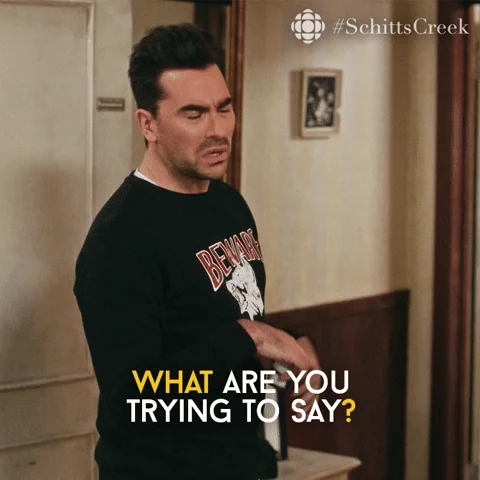
You might be falling for confirmation bias, an example of a personal bias that can cause problems for you and your coworkers.
Avoiding confirmation biasat work can ensure you make fair decisions and help others feel valued.
What Is Confirmation Bias?
Having confirmation bias is like being the captain of a ship who only listens to the crew members saying, “The waters are calm,” while ignoring others yelling, “There’s an iceberg ahead!”

Put simply, it's when you focus only on what supports your opinion and ignore anything that disagrees with it.
In the workplace, cognitive bias can sneak into decisions big and small. Imagine a hiring manager who favors one candidate just because they graduated from the same school.
 Photo by Cytonn Photography on Unsplash
Photo by Cytonn Photography on UnsplashDoes this sound familiar? It's an example of a personal bias that you should avoid on the job.
Quiz
Which of the following are other examples of confirmation bias? Select all that apply:
Why Confirmation Bias Matters
Confirmation bias doesn’t just result in unfair hiring decisions.
Personal bias can block fresh ideas, fuel workplace conflicts, and even hurt your reputation as someone who’s fair and open-minded.
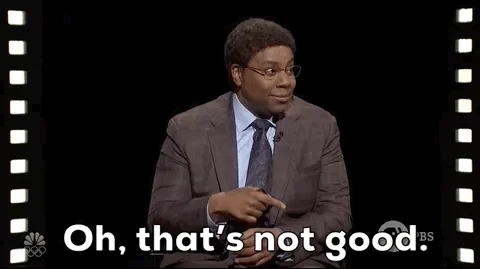
Signs You Might Have Confirmation Bias
There are many common tell-tale signs when it comes to confirmation bias. Examples of this type of personal bias include:
Only following “your people”: Seeking advice from colleagues who always agree with you.
Ignoring disagreements: Dismissing negative feedback because it doesn’t align with your perception.
Favoring familiarity: Rejecting a new approach just because "we’ve always done it this way."

Have you noticed any of these signs in your own decision-making? To avoid confirmation bias, look out for these signs in your behavior!
Quiz
Your coworker shares a new idea but your gut feeling says "no". What sign of personal bias is at play?
How To Break Free from Cognitive Bias
Here’s the good news: you can minimize confirmation bias with a few simple strategies.
Pause and Reflect
Before making a decision, ask yourself: “Am I ignoring something just because it doesn’t support my view?”
For example, if a team member raises a concern, take a moment to consider their perspective instead of brushing it off.

Actively Seek the Opposite
Challenge yourself to find evidence that goes against your initial belief.
If you’re convinced a project won’t work, dig for examples of similar ideas that succeeded.
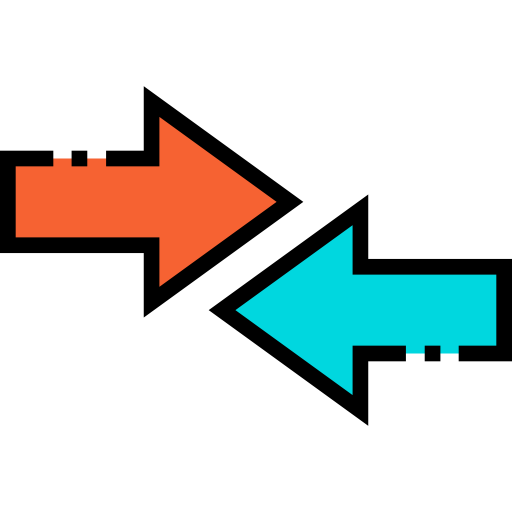
Mix It Up
Surround yourself with diverse perspectives. People with different experiences can help you see things you might miss.
For instance, invite someone from another department to your next brainstorming session.

Ask the Right Questions
Train yourself to ask, “What if I’m wrong?” or “What would someone with the opposite view say?”
This can help you flip the script and get a clearer picture.
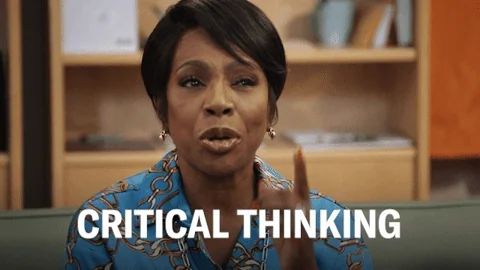
Quiz
Your coworker shares a new idea but your gut feeling says "no". What's an appropriate response? Select all that apply:
Take Action
Remember, avoiding confirmation bias isn’t just about being “right.” It’s about being a better thinker, teammate, and leader.
Are you ready to step outside your echo chamber? You don’t need to overhaul your life to tackle confirmation bias. Start with these small steps:
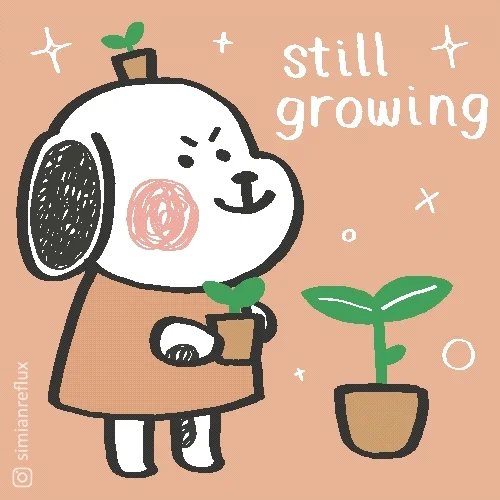
Your feedback matters to us.
This Byte helped me better understand the topic.
